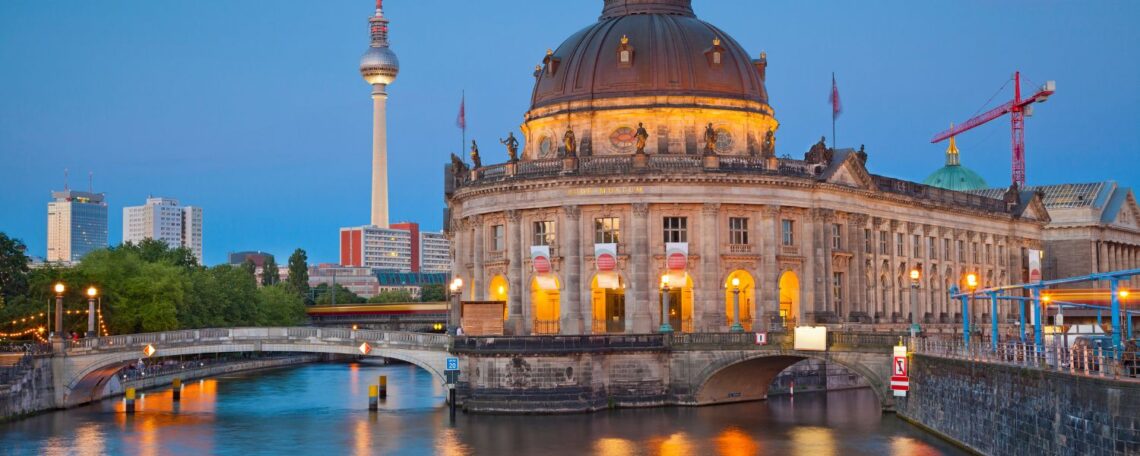If you are residing in the state of Berlin, you must complete the German naturalization test in Berlin (Einbürgerungstest), also known as Leben in Deutschland test, as part of the requirements for citizenship and some visa processes. The German and English questions and answers on Vasistdas.de are reflective of the actual exam and are customized for the state you select. The citizenship test for Berlin on our site is intended for practice purposes only. To take the official test, you will need to book an appointment at your local VHS (Volkshochschule) or a certified language school in Berlin.
For more detailed information about the German Citizenship Test, take a look at our guide at Naturalization test in Germany. And in case you plan to apply for naturalization in Berlin, the official web site will help you along the way.
In addition, don’t forget to plan your vacations by taking a look at Berlin holidays.
Berlin citizenship test in English
Please note: The English translations provided in the German naturalization test for Berlin are intended to help you better understand the content. The official test will not include English questions or answers. The questions and answers on our site are obtained from the official website of the German Federal Office for Migration and Refugees and have been translated into English. If you want to take the Leben in Deutschland test for another state in Germany, please visit our states page.
More about the state of Berlin
Before diving into the questions and answers for the German naturalization test for Berlin, let’s take a brief look at the state. Berlin is not only Germany’s capital but also its largest city, home to approximately 3.65 million people. It houses the federal government and parliament. Despite its vibrant service sector, Berlin has the highest unemployment rate due to its dense population.
Germany is known for its engineering prowess, and Berlin contributes to this with institutions like the “Berlin Technical University.” The city is also a hub for the arts, hosting numerous art schools and cultural institutions.
Berlin boasts a lively nightlife and a rich history that continues to attract tourists. The city is home to many historical and architectural landmarks, such as the Brandenburg Gate, Reichstag Parliament Building, Museum Island, the Berlin Wall, and Checkpoint Charlie. The Kreuzberg district, often referred to as the Turkish Quarter, is known for its large Turkish community. Now, feel free to have a look at the citizenship test for Berlin.


